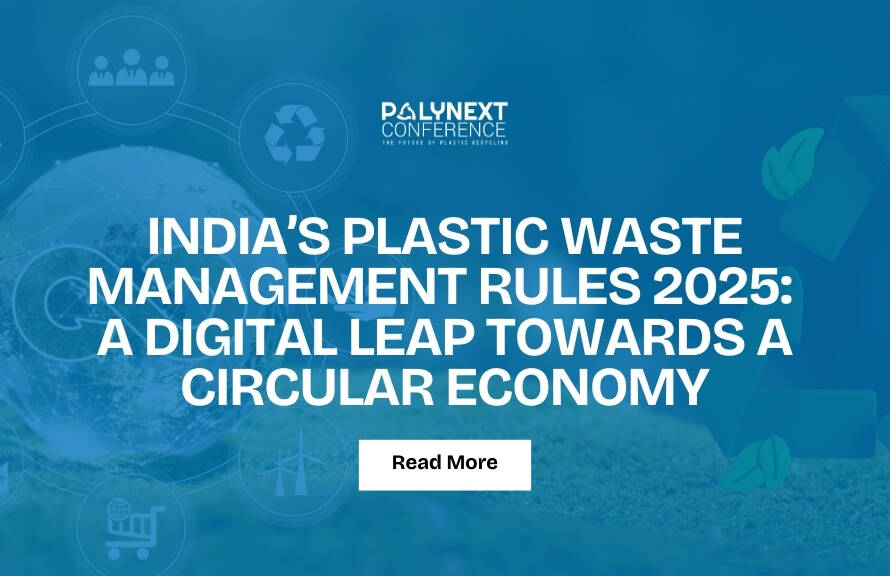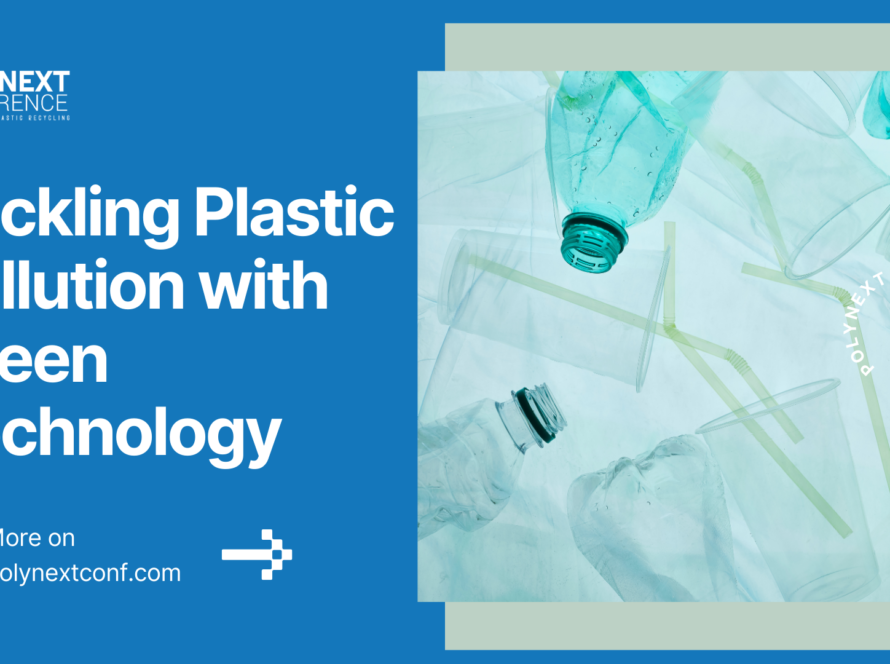Introduction
Plastic pollution is one of the most pressing environmental challenges of our time, infiltrating every aspect of our lives –from the water we drink to the food we eat and the oceans that sustain us. The global movement to break up with plastic is gaining momentum, with over half of people reporting they have reduced their disposable plastic use in the past year. But the journey is far from over, and both individuals and businesses have vital roles to play in forging a greener tomorrow.
Why Breaking Up with Plastic Matters
To understand why this movement is so crucial, let’s take a closer look at the far-reaching impacts of plastic on our planet, our climate, and our health.
Environmental Impact: Every year, over 400 million tonnes of plastic waste are produced, with single-use plastics accounting for a significant portion of this pollution. These plastics often end up in landfills, waterways, and oceans, harming wildlife and leaching into the food chain.
Climate Crisis: Plastics are derived from fossil fuels and contribute to greenhouse gas emissions throughout their lifecycle. By 2040, plastics could account for up to 19% of global greenhouse gas emissions, making plastic reduction essential for meeting climate goals.
Human Health: Microplastics have been detected in drinking water, food, and even within the human body, raising concerns about long-term health effects.
What We Can Do: A Roadmap for Individuals and Businesses
For Businesses
1. Take a stand
Identify a specific aspect of the plastic problem — such as ocean pollution or single-use packaging — and commit to transforming it. Adopt a holistic approach to recycling, from improving accessibility to launching awareness campaigns that actively engage consumers.
2. Harness People Power
Collaborate with consumers through recycling drives, beach cleanups, and other community initiatives. When businesses and people work together, change accelerates.
3. Be Circular Champions
Embrace the circular economy by designing products and systems that prioritize reuse, recycling, and upcycling, reducing reliance on virgin plastics.
Invest in innovative solutions like biodegradable materials and decentralized recycling technologies, such as pyrolysis, to manage plastic waste sustainably.
For Individuals
1. Go Plastic Free
Take the plastic challenge: audit your daily habits and identify areas where you can cut out plastic—like switching to a reusable coffee cup or saying no to cling film.
2. Shun Single Use
Avoid single-use plastics such as bags, straws, and packaging. Choose durable, reusable alternatives like cloth bags, metal straws, and glass containers.
3. Protest Through Purchase
Support brands that are committed to reducing plastic waste and avoid those that aren’t. Your spending habits send a powerful message to the market.
Innovative Solutions and Collective Action
Upcycling: Transforming discarded plastics into higher-value products, such as fashion items or durable goods, extends the lifespan of materials and reduces waste.
Policy and Regulation: Governments can ban or tax single-use plastics, invest in recycling infrastructure, and set ambitious targets for plastic reduction.
Clean-Up Efforts: Community-driven initiatives, such as beach cleanups, are vital for removing existing plastic from the environment but must be paired with prevention strategies.
Plastic Credits:Emerging market-based solutions, such as plastic credits, allow organizations and individuals to fund the removal and recycling of plastic waste, further incentivizing cleanup and responsible disposal.
Towards a Greener Tomorrow
Breaking up with plastic is not a one-time event but an ongoing process that requires commitment from every segment of society. The upcoming World Environment Day 2025 will focus on ending global plastic pollution, highlighting that while the problem is severe, it is also solvable with collective action and innovation. By reducing single-use plastics, supporting circular solutions, and demanding accountability from businesses and governments, we can pave the way for a cleaner, healthier, and more sustainable future.
Global Voices for Change
“Change starts with each of us.”
UN Secretary-General António Guterres
Let’s take action today-because a greener tomorrow begins with breaking up with plastic.
Conclusion – Change Is a Choice
Reducing plastic waste isn’t about perfection—it’s about progress. Each mindful choice matters. Let’s not wait for the planet to shout louder. Let’s lead the change, one reusable bag at a time.
And if you’re serious about solutions, mark your calendar for PolyNext 2025—a global summit where innovators, startups, and sustainability leaders converge to tackle plastic pollution head-on. From circular economy models to next-gen biodegradable materials, it’s where the future of plastic waste reduction takes shape.
References:
DGB group: Tackling plastic pollution for a cleaner planet
Geneva Environment Network: Plastic and the Environment





